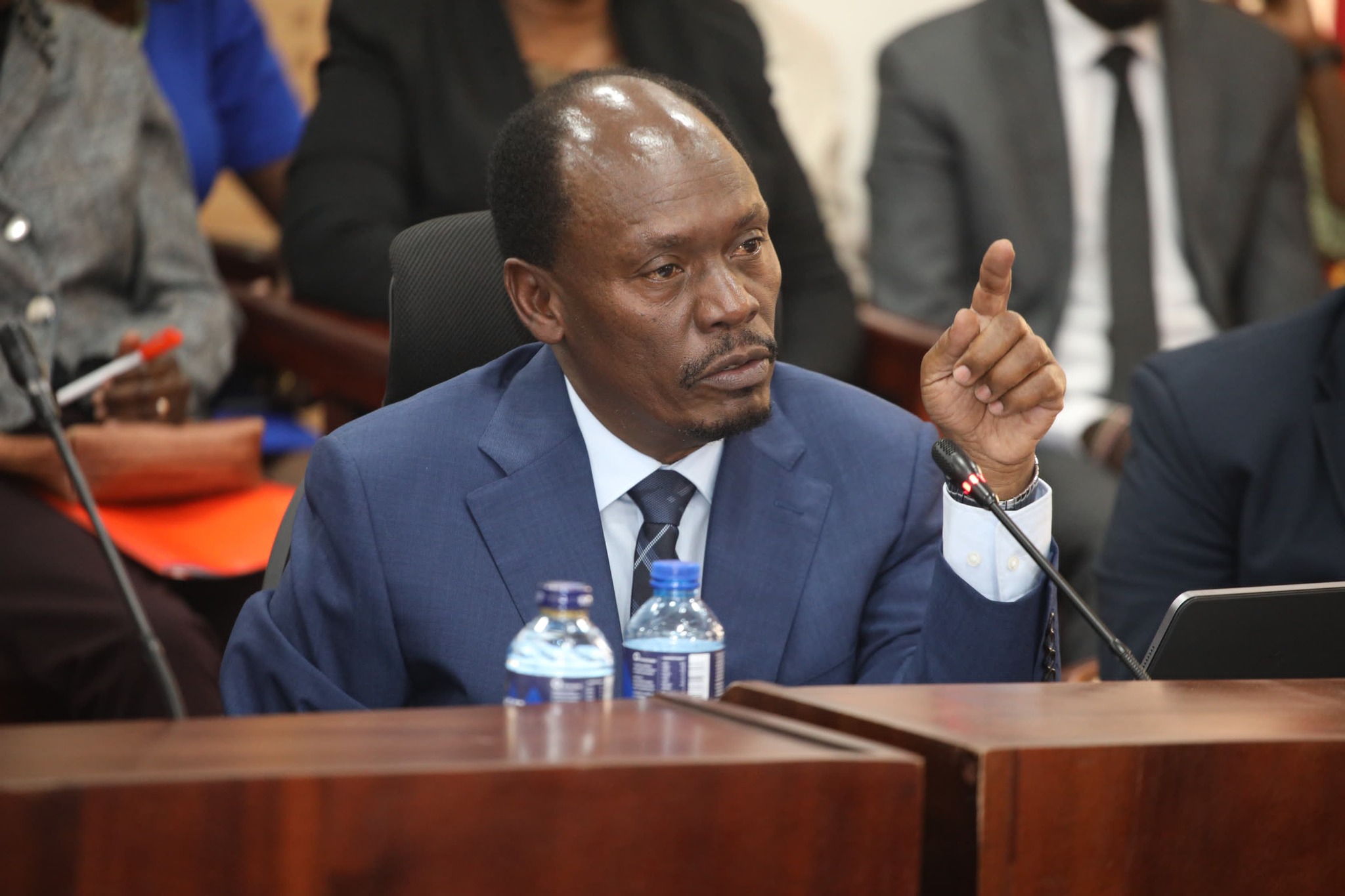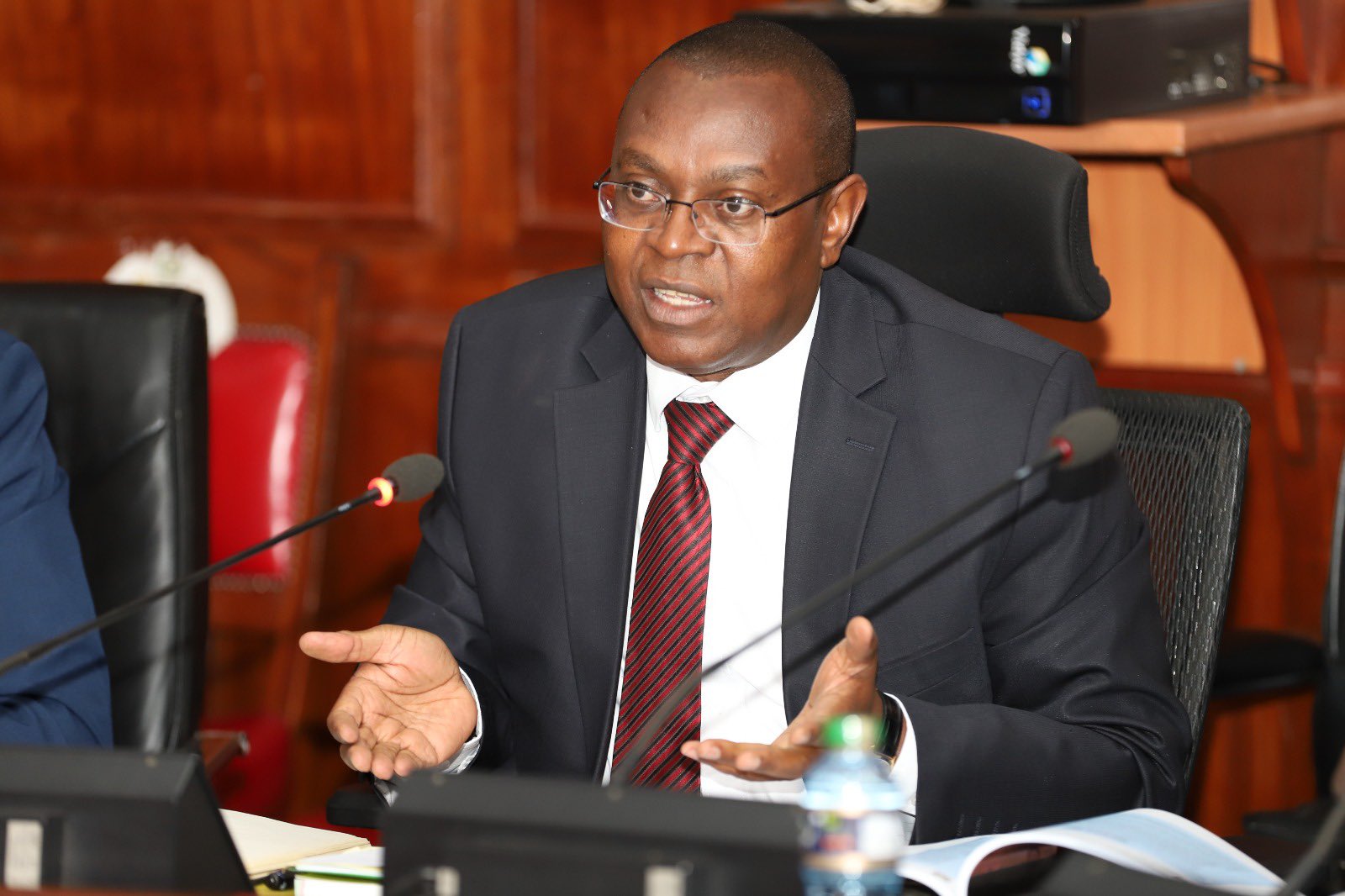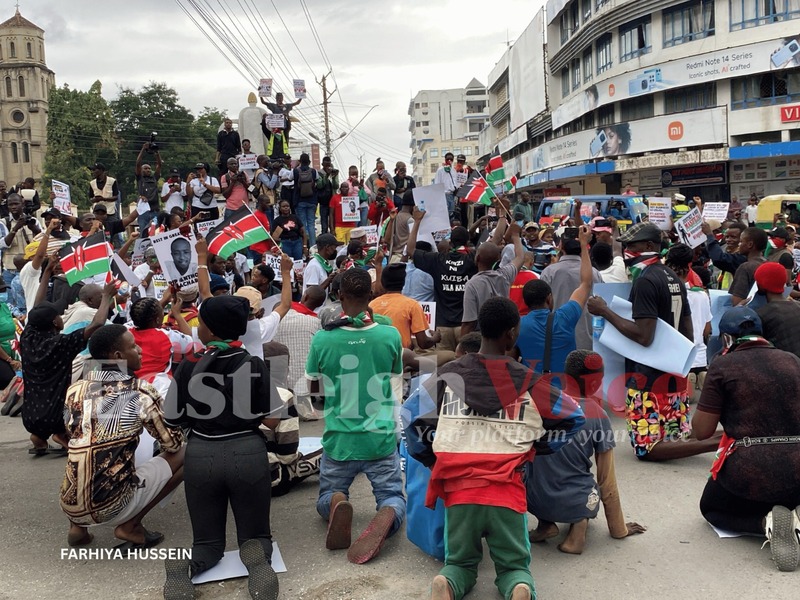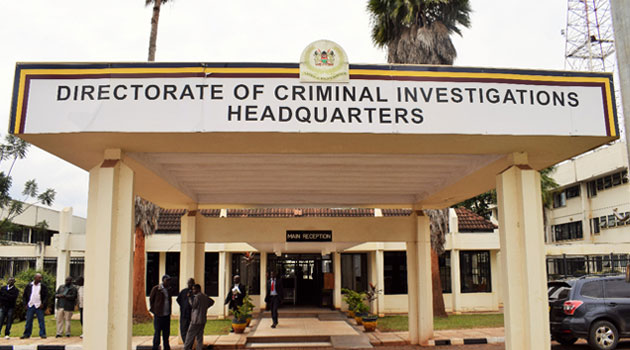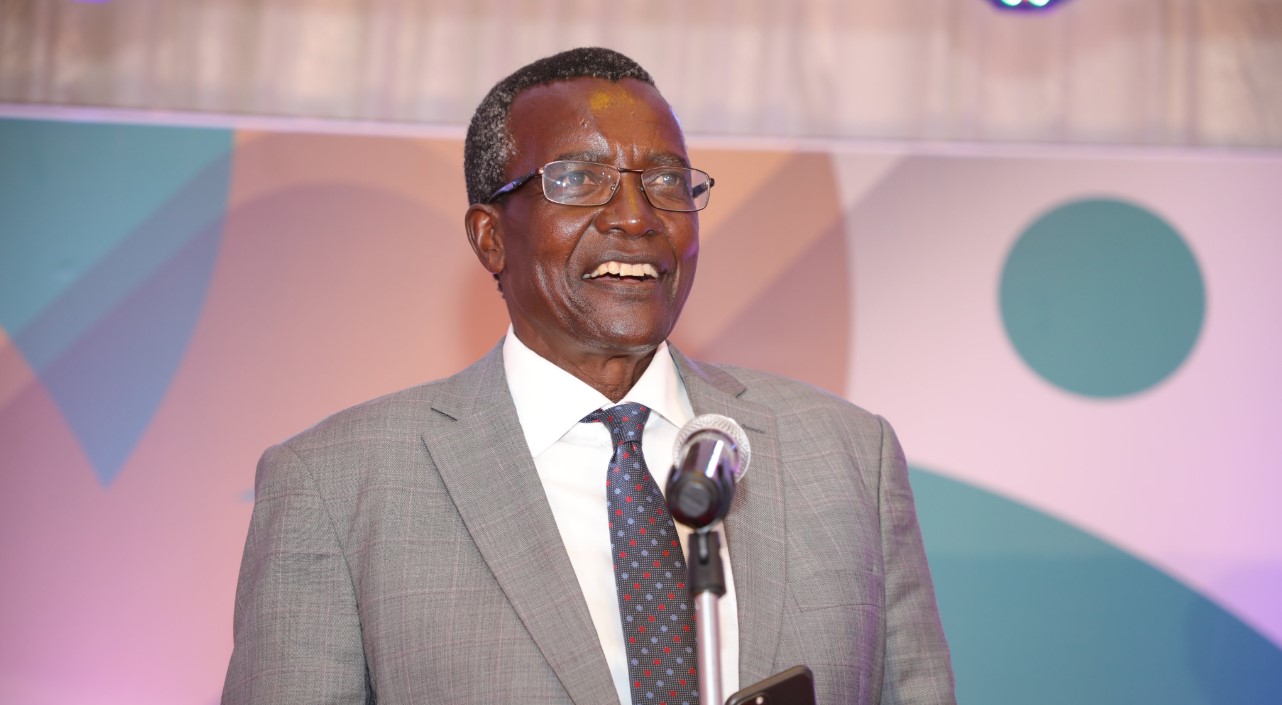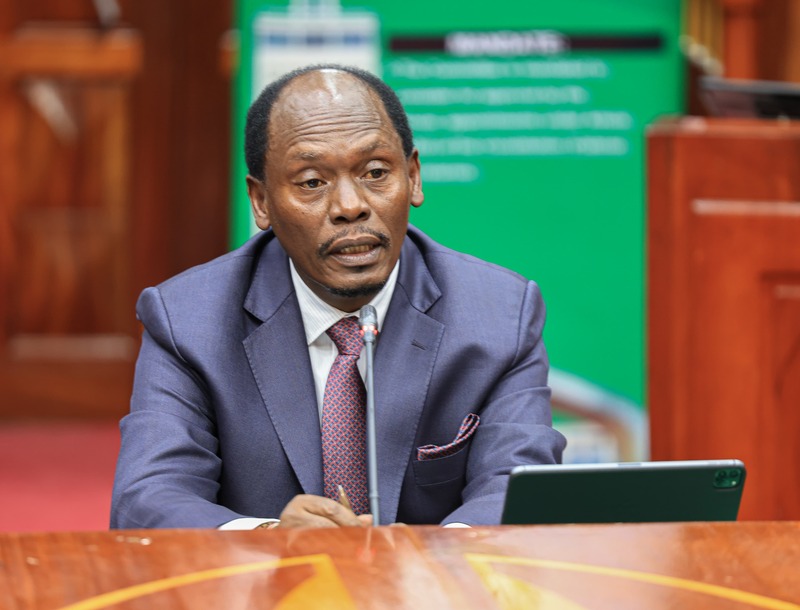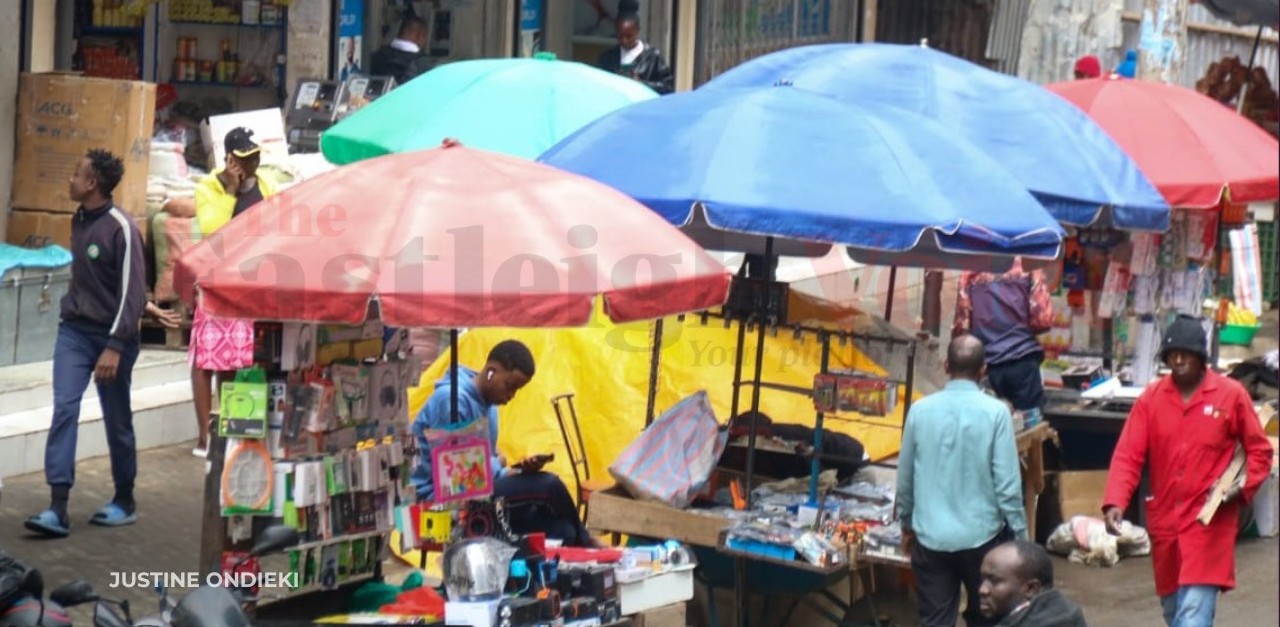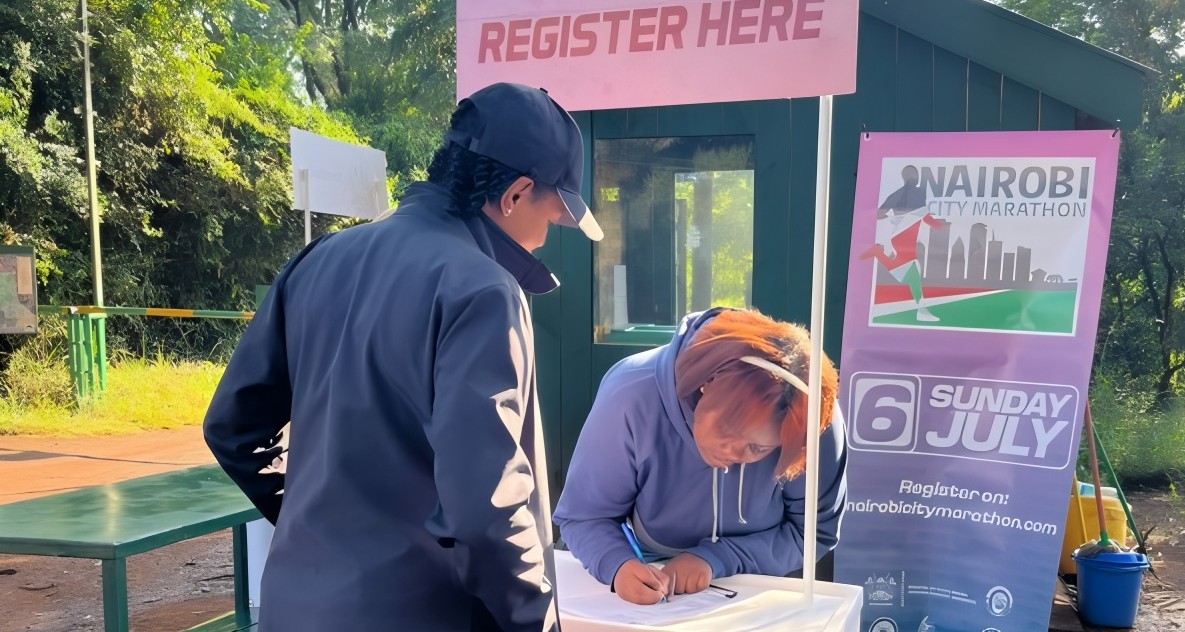Ruto’s government faces backlash as most Kenyans say they’re worse off than in 2022
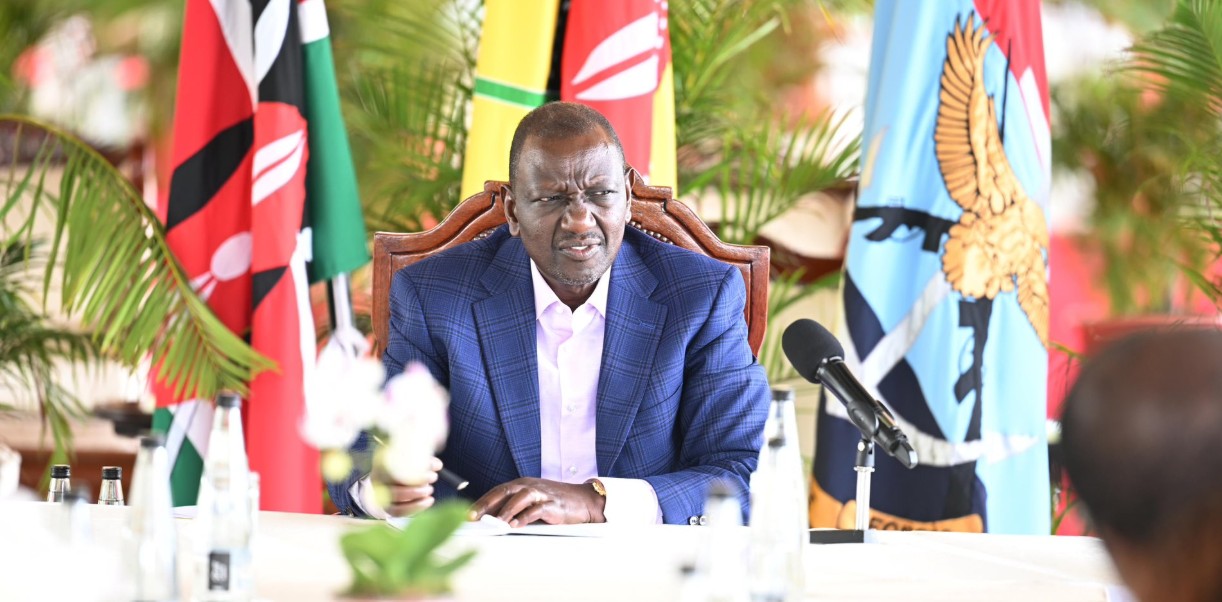
The poll, released on Wednesday, paints a grim picture of the national mood, showing that across all nine of Kenya’s regions, overwhelming majorities report worsening financial conditions.
President William Ruto’s government has pushed Kenyans to the edge with a cost-of-living crisis that now sees three in every four citizens saying they are worse off than they were in 2022.
A new TIFA survey shows that 75 per cent of Kenyans report a sharp decline in their personal or family economic situation since the last general election, with the highest levels of economic hardship recorded in Lower Eastern and Nyanza regions.
More To Read
- Ex-CJ David Maraga rubbishes 'Ruto project' tag, denies eying AG role in next govt
- Two years later, BATUK probe stalls as Kenyan delegation remains silent during UK visit
- Kenya courts UK deals amid infrastructure lessons and uneven gains in London visit
- Inflation holds steady at 3.8 per cent in June despite price pressures
- UK to inject Sh266 billion into Kenya under new deal focused on trade, climate and tech
- Choice of Gen Zs: Why top politicians are scrambling for the votes of Gen Zs
The poll, released on Wednesday, paints a grim picture of the national mood, showing that across all nine of Kenya’s regions, overwhelming majorities report worsening financial conditions.
Lower Eastern counties of Machakos, Makueni, and Kitui and Nyanza counties of Kisumu, Siaya, Homa Bay, Migori, Kisii, and Nyamira, top the list, with 82 per cent of respondents in each region reporting a decline in their economic well-being. Nairobi and Mt Kenya regions follow closely at 79 per cent.
Even in regions where the situation appears slightly better, the figures remain bleak.
Central Rift recorded the lowest proportion of citizens reporting economic deterioration at 61 per cent, followed by Northern Kenya at 63 per cent.
Economic status
Notably, in none of the nine regions did even one-fifth of respondents report any improvement in their economic status since the 2022 general election. The highest such responses were in Central Rift and Northern regions, both at a modest 19 per cent.
TIFA linked citizens’ perceptions of their economic situation with their views on the country’s general direction.
Among those who believe Kenya is on the wrong path, a massive 86 per cent reported economic decline over the past three years. In stark contrast, only 30 per cent of those who feel the country is headed in the right direction reported worsening economic conditions.
Conversely, just four per cent of those who say Kenya is on the wrong track reported an improvement in their financial situation, compared to 36 per cent of those who think the country is on the right path.
Broad-based government supporters
Supporters of the Broad-Based Government (BBG) also reported economic challenges, with 52 per cent stating their economic condition had worsened since the Kenya Kwanza administration took power. Another 26 per cent of BBG supporters reported improvement, while 20 per cent said their situation had remained unchanged.
Among opponents of the BBG, the sense of economic hardship was even worse: 85 per cent said they were financially worse off, only four per cent reported any improvement, and 10 per cent said their economic situation remained the same.
TIFA said the stark difference in economic experiences between supporters and opponents of the BBG highlights how deeply economic perceptions influence political sentiments.
“The significantly higher number of BBG opponents reporting a worsening economic situation highlights the importance of perceived economic changes in shaping political attitudes,” reads the report.
However, TIFA added that economic experience is not the sole factor shaping political alignments.
“At the same time, the fact that support for the BBG exceeds the total figure who report that their economic situation has worsened reveals that economic change is not the only factor influencing political alignment or orientation in terms of support or opposition to the BBG,” reads the report.
Paradox
The agency also flagged a paradox in the findings: more than half of BBG supporters still reported economic decline, contrasting sharply with the small fraction of BBG opponents who said their finances had improved.
TIFA further attributed some of the economic dissatisfaction to specific failings of the Kenya Kwanza administration.
When asked about the government’s perceived shortcomings, 18 per cent of respondents cited failure to reduce the cost of living, while 11 per cent pointed to poor leadership. In contrast, only 14 per cent highlighted infrastructure development as a key achievement.
President Ruto was given the most credit for continuing or launching infrastructure projects.
However, that recognition, at 14 per cent, was nearly three times the number of those who praised his efforts in addressing the high cost of living, which stood at just five per cent.
No significant achievement
Despite the infrastructure gains, nearly half of all respondents (46 per cent) said they could not identify any significant achievement by the current government, while only seven per cent were unable to mention a single failure.
The survey was conducted between May 2 and May 6, 2025, among 2,024 respondents across nine regions—Central Rift, Coast, Lower Eastern, Mt Kenya, Nairobi, Northern, Nyanza, South Rift, and Western.
Respondents were interviewed via telephone using contacts collected from previous face-to-face, household-based surveys. Most interviews were conducted in Kiswahili, with a few in English.
TIFA said the poll carries a margin of error of +/- 2.17 per cent.
Top Stories Today


